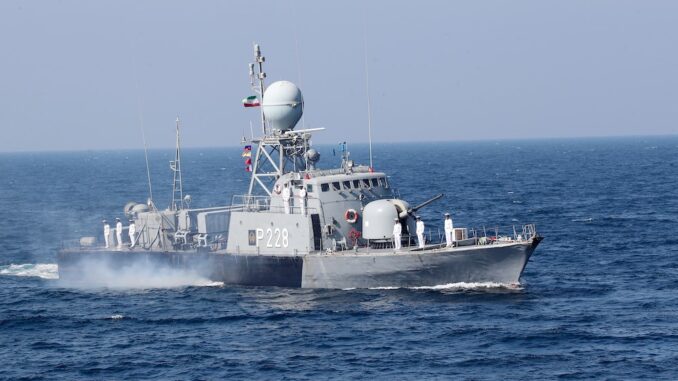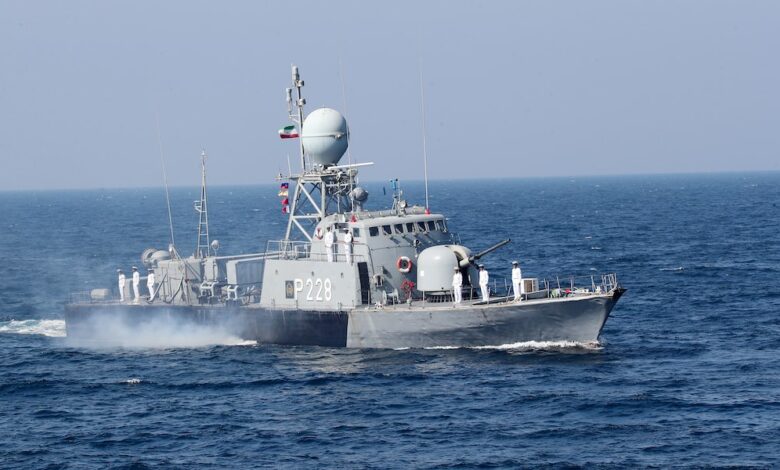

With indications coming from Washington that Donald Trump is willing to join Israel in its attack on Iran, the situation in Middle Eastern waters remains highly tense.
Israel’s conflict with Iran is into its sixth day, with the New York Times reporting Iranian officials will consider laying mines along the Strait of Hormuz if the US does enter the war.
Amid the deteriorating security situation in the region, war risk insurance premiums for shipments to Israel are now as much as three times higher than a week ago, according to Reuters.
The US president held a meeting Tuesday afternoon in the White House Situation Room with his national security team on the Israel-Iran conflict, with his team considering joining the strikes against Tehran.
Meanwhile, the United Arab Emirates has provided some details of yesterday’s big tanker collision to the south of the strait.
The Ministry of Energy and Infrastructure (MoEI) announced that preliminary information regarding the accidental collision between two ships in the Sea of Oman, approximately 24 nautical miles off the coast of the UAE, indicates that the incident was caused by a navigational misjudgment by one of the vessels with GPS spoofing clearly evident in the hours prior to the collision.
The ministry added that the incident resulted in minor surface damage to the outer hulls of both ships, a small oil spill, and a fire that broke out in the fuel tank of one of the ships. Relevant authorities swiftly intervened and extinguished the fire. No injuries were reported among the crewmembers of either vessel.
Persistent reports of electronic interference have been impacting navigational systems in the region. The UK Maritime Trade Operations (UKMTO) and the US-led Combined Maritime Force’s Joint Maritime Information Centre (JMIC) have both issued advisories regarding interference, particularly emanating from the vicinity of Iran’s Port of Bandar Abbas.
This disruption is directly affecting vessels’ ability to accurately transmit Automated Identification System (AIS) data, creating significant operational and navigational challenges for maritime traffic.
Shipping rates in the Arabian Gulf have already soared, with some owners expressing reluctance to operate in the region.


